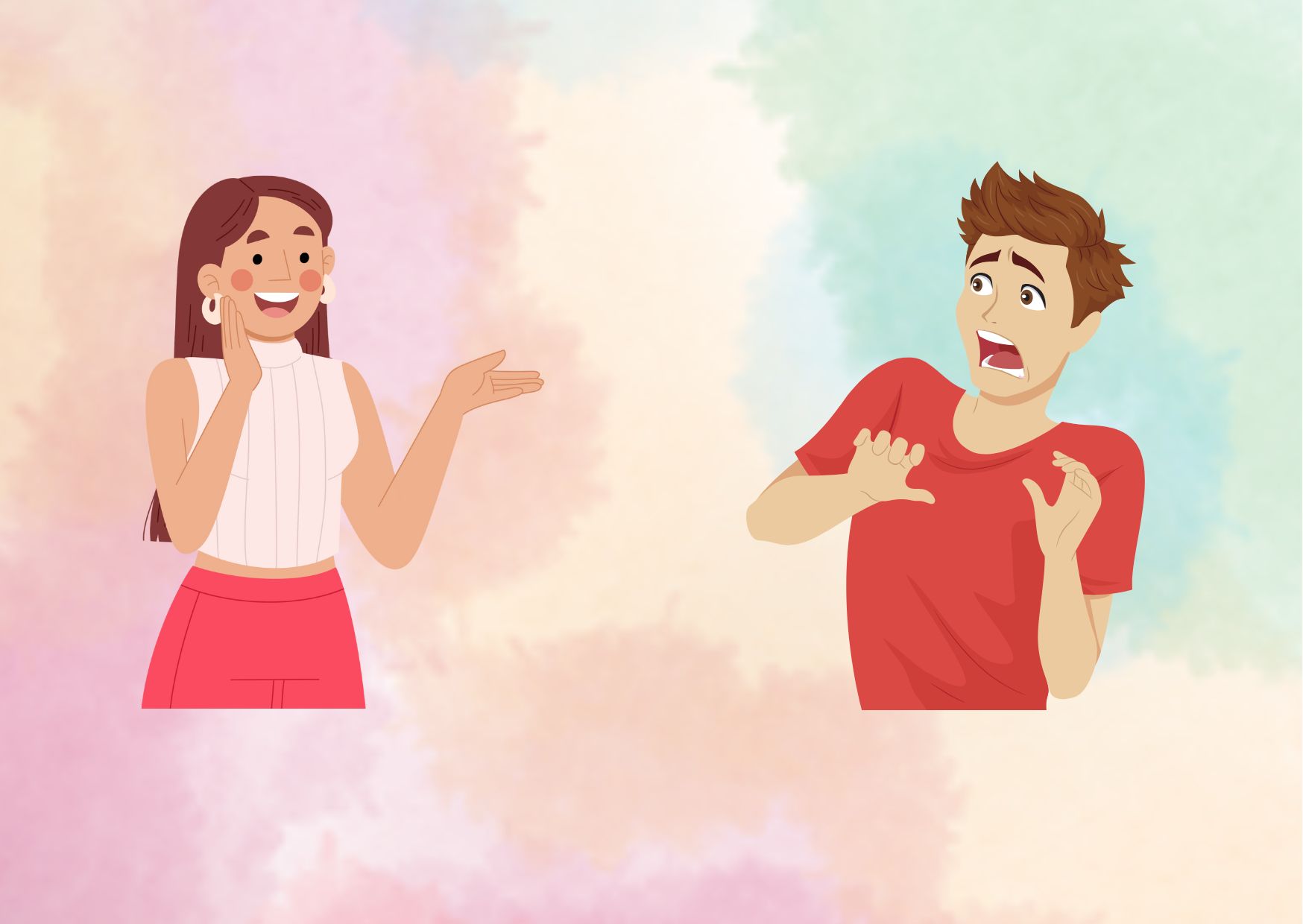Gynophobia: The Fear of Women
Gynophobia, also known as the fear of women, is a specific phobia characterized by an intense and irrational fear or anxiety towards women. It is important to note that gynophobia should not be confused with misogyny, which is the hatred or contempt for women. Gynophobia is a fear-based response, whereas misogyny is a harmful cultural attitude. While gynophobia is not recognized as a disorder in the Diagnostic and Statistical Manual of Mental Disorders (DSM-5), it shares similarities with specific phobias. In this article, we will explore the causes, symptoms, diagnosis, treatment, and complications associated with gynophobia.
Causes, Triggers, and Risk Factors
The exact cause of gynophobia is not well understood, but it is believed to be influenced by a combination of genetic and environmental factors. Negative or traumatic experiences involving women, such as mental, physical, or sexual abuse, can contribute to the development of gynophobia. These experiences may create a fear or anxiety response towards women.
In addition to personal experiences, there are several risk factors that may increase the likelihood of developing gynophobia. Children are generally more susceptible to developing phobias, including gynophobia. Genetic factors also play a role, as individuals with close relatives who have anxiety disorders or other phobias may be more prone to developing gynophobia. Furthermore, individuals with a sensitive temperament or a generally pessimistic outlook may have an increased risk of developing phobias.
Symptoms of Gynophobia
People with gynophobia may experience a range of symptoms when faced with the fear or presence of women. These symptoms can include an immediate and overwhelming fear of being around or thinking about women, avoidance of activities that may involve interaction with women, and increasing anxiety as they get closer to women or situations involving women. In some cases, gynophobia can lead to panic attacks, characterized by symptoms such as sweating, chest pain, nausea, difficulty breathing, dizziness, and a rapid heartbeat.
It is important to note that these symptoms must be long-lasting and severe enough to significantly impact a person’s daily life in order to be considered a true phobia. While gynophobia typically emerges during childhood, it can persist into adulthood if left untreated.
Diagnosis of Gynophobia
The diagnosis of gynophobia involves a comprehensive evaluation of a person’s symptoms, medical history, and any potential underlying mental health conditions. A mental health professional, such as a psychologist or psychiatrist, will conduct an assessment to determine if the fear and anxiety towards women meet the criteria for a specific phobia, such as gynophobia. This assessment may involve interviews, questionnaires, and observations to gather relevant information.
It is essential that the diagnosis of gynophobia is made by a qualified mental health professional who can differentiate it from other mental health conditions or cultural attitudes towards women. This ensures that appropriate treatment and support can be provided.
Treatment Options for Gynophobia
Fortunately, there are various treatment options available for individuals experiencing gynophobia. The most common approaches include therapy, counseling, and psychotherapy, which can help individuals understand and overcome their fear of women. Here are some effective treatment options for gynophobia:
